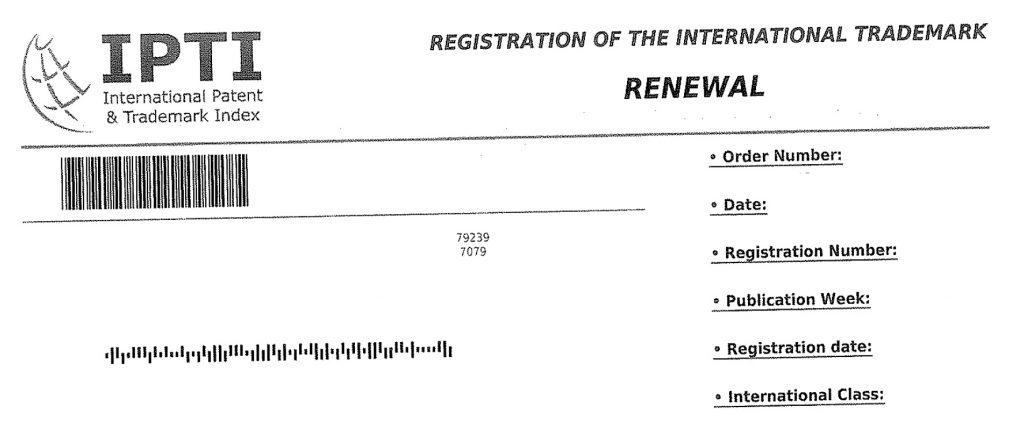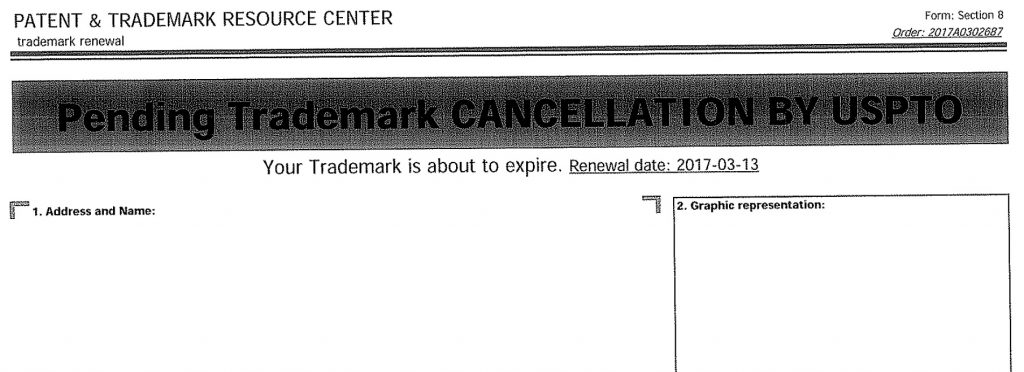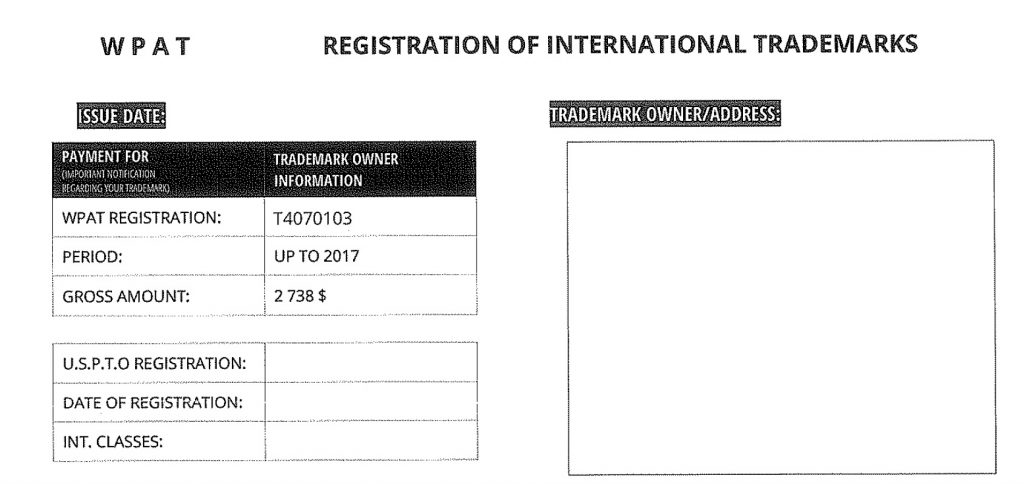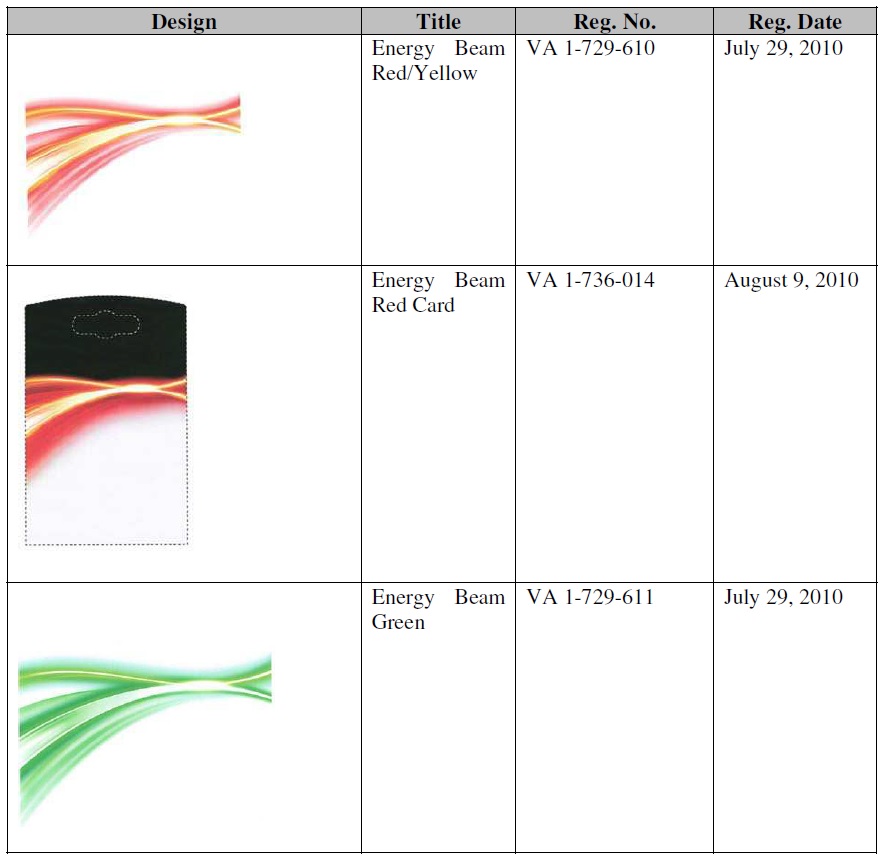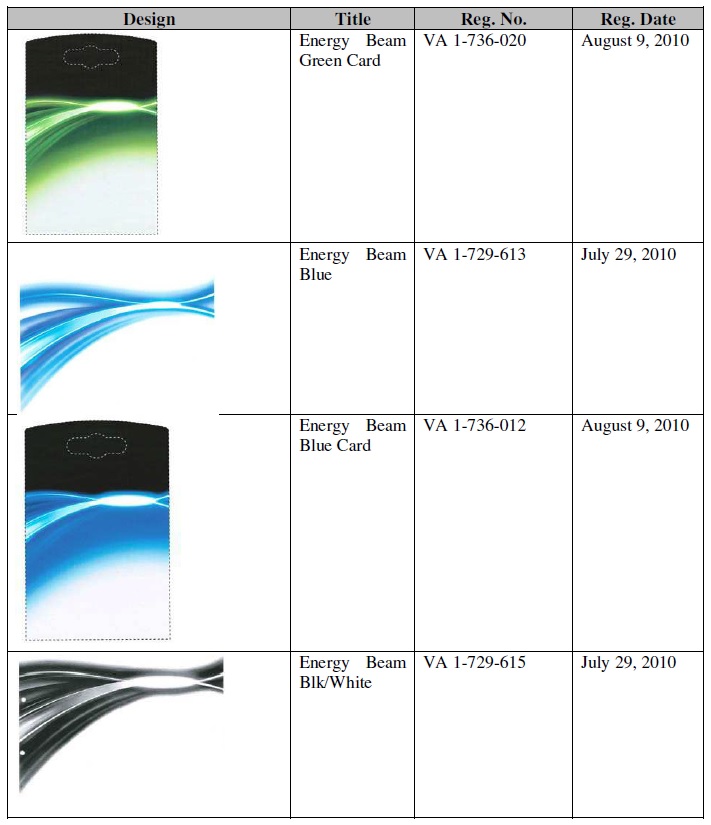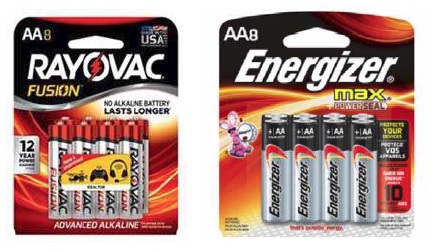After threading the tortuous path through the Patent and Trademark Office, and withstanding assaults of infringers, who would have thought that one of the biggest problems for patent and trademark owners is scammers. These scammers send official looking documents with data downloaded from the Patent and Trademark Office requesting payment for various unnecessary services, such as inclusion in a directory, or sometime for no service at all.
The USPTO has created a webpage, but it is largely forgotten by the time the solicitation is received. The Director’s Blog recently reported that the Department of Justice obtained guilty pleas from two California men in a mass-mailing scam that targeted owners of U.S. trademark applications, stealing approximately $1.66 million from registrants and applicants of U.S. trademarks through companies called Trademark Compliance Center (TCC) and Trademark Compliance Office (TCO).
While these efforts are encouraging, it is still up to ip owners to protect themselves. Critically evaluate any invoice you receive; as a general rule if its not from your IP counsel it is a solicitation that should be ignored. In particular be on the look out for correspondence from:
- Patent & Trademark Resource Center (Seattle & Woodinville, WA)
- Patent and Trademark Organization (New York, NY)
- Trademark Office Ltd. (New York, NY)
- U.S. Trademark Compliance Office (Wilmington, DE)
- Patent & Trademark Bureau (Philadelphia, PA)
- Patent & Trademark Office (555 Madison Ave., New York, NY)
- Patent & Trademark Office (299 Park Ave., New York, NY)
- Patent & Trademark Agency (New York, NY)
- Trademark and Patent Office (Los Angeles, CA)
- P.T.M.A. Patent and Trademark Association (New York, NY) NEW

